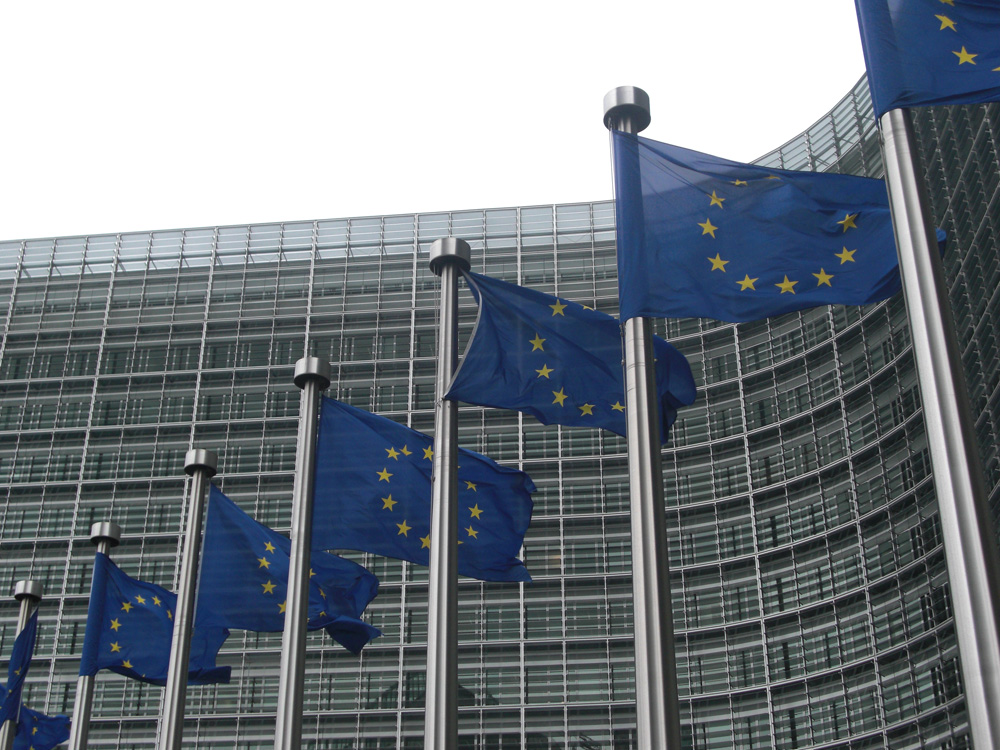
Regulatory divergence from the standards of the European Union will threaten the growth of the UK’s low carbon sector post-Brexit, a leading green think tank has warned.
Green Alliance’s latest report has questioned the government’s vision of a ‘global Britain’ that will be able to trade freely across the world by pointing to the regulatory differences between the EU, with whom the UK will most likely sign its first trade deal, and the US.
Both these markets have taken differing approaches to energy and low carbon policy, with the EU seeking to achieve secure, affordable and low carbon energy in part through subsidies to renewable energy to reach set targets, the US has pursued ‘energy independence’.
This has favoured a domestic shale gas industry under the Obama administration and under President Trump is seeking to revive its waning coal industry.
This, Green Alliance states, offers a ‘binary choice’ to the UK over its low carbon sector; either align with the EU or America.
While the foreign, international trade and Brexit secretaries of state are keen to strike global deals with markets like the US, China and India, the think tank has warned that failure to prioritise trade with the EU runs the risk of a significant setback to the UK’s low carbon sector.
Chaitanya Kumar, senior policy adviser and the report’s author, said: “The government’s current approach to trade risks undercutting its own clean growth strategy, which aims to build a thriving low carbon economy in the UK.
“Alignment to make low carbon trade with the EU as simple as possible will be central to achieving that goal. Lowering environmental standards to strike deals with trading partners beyond the EU would be counterproductive, as we would lose out on more immediately lucrative trade with Europe.”
This view was established by the EU on the day article 50 was triggered by Theresa May to begin the Brexit process, when a leaked copy of a draft motion for a resolution from the European Parliament stated: “…any future agreement between the European Union and the United Kingdom is conditional on the United Kingdom’s continued adherence to the standards provided by the Union’s legislation and policies, in among others the fields of environment, climate change…”
This was further supported by the EU’s chief negotiator Michel Barnier, who noted: “For the first time ever in trade talks, the challenge will be to limit divergence of rules rather than maximise convergence.
“There will be no ambitious partnership without common ground in fair competition, state aid, tax dumping, and food safety, social and environmental standards.”

Michel Barnier has established that the UK will need to adhere to the EU’s environmental standards. Image: European People’s Party.
Bringing low carbon leadership into trade talks
Green Alliance has therefore put forward that the UK should use its existing high environmental standards and internationally recognised leadership in climate change to place low carbon trade at the heart of its post Brexit plans.
Rather than offering to lower UK standards in exchange for trade deals with stronger partners, like the US, China or India, the UK should maximise its trade in low carbon goods and services on the basis of high UK standards.
“This means clean growth should be the basis for negotiating future free trade agreements, thereby aligning UK domestic and international priorities,” the report states.
It continues that the UK should use its “strength in climate diplomacy” established at COP21 to sell its low carbon goods and services; a transition period should be used to maintain the UK’s participation in the internal energy market and rule-making bodies; and that regulations should be harmonised with the EU where it is critical for UK clean growth.
Where complete harmonisation is not necessary, an agreement should be made on regulatory equivalence in areas like renewables targets, smart energy innovation, green finance and energy efficiency.
Such measures, the Green Alliance argues, would improve access for British businesses to a market estimated to be worth £17 trillion worldwide while maintaining trade relations with the EU, where trade in low carbon goods and services is a third higher than with the rest of the world.

